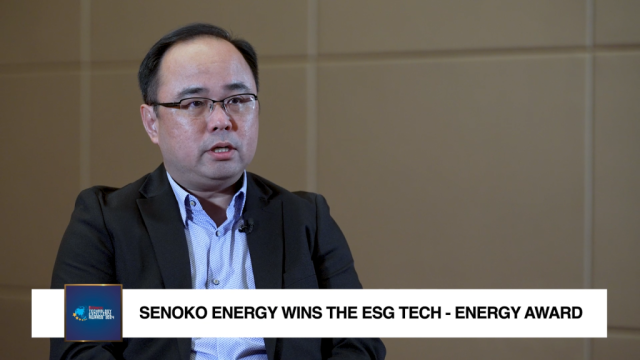
Government acts to stabilize property market growth
Measures seen to place a check on the current exorbitant prices in the mass market.
The Ministry of National Development (MND) announced earlier three key measures to ensure a more sustainable growth of the property market: an increase of the holding period for the imposition of Seller’s Stamp Duty (SSD) from one to three years; increasing the minimum cash payment from 5% to 10% for property buyers with an existing mortgage who want to buy a new property; and a decreased Loan-To-Value (LTV) limit of 70% down from 80% for housing loans granted by MAS-regulated financial institutions. And these measures all take effect immediately from 30 August 2010.
“The policies are a further calibrated move after the measures announced in February 2010,” observes PropNex CEO Mr Mohamed Ismail. On 19 February, the measures implemented were a SSD imposed on properties being sold within one year of purchase, as well as a lower loan cap from financial institutions of 80%, down from 90%, according to a PropNex report.
“The Government is seeking sustainable growth of the property market in the long-term,” continues Mr Ismail, “and one of the aims of these measures, particularly the increased holding period, is to discourage speculative flipping.”
Mr Ismail supports his opinion that this is a calibrated move as there was no introduction of a capital gains tax.
“Such a tax, as was introduced in the boom period of 1996, would have killed the market outright,” he says. “Instead, we have a longer holding period for the SSD that will have a greater psychological than material impact, simply because of the reducing nature of the SSD over the three years,” he surmises. “For example, a $1m dollar unit sold in the first year would result in an imposition of $24,600 SSD. In the second year, that would be $16,400 and only $8,200 in the third year.”
Mr Ismail observes that the increased Minimum Cash Payment will basically impact buyers who have an existing mortgage.
“In tandem with discouraging flipping, and to further emphasize that property should be a mid- to long-term investment, the Government aims to enforce greater financial prudence upon the consumers.”
Mr Ismail further notes that it would be Singaporeans who have previously enjoyed the 5% cash and 15% CPF down payment that would feel the effects of this measure.
“When we look at the Minimum Cash Payment in addition to the third measure of a lower Loan-To-Value limit of 70% down from 80%, we will see a substantial impact on local investors,” says Mr Ismail. “These would include HDB dwellers who are thinking of buying a second property for investment purposes.
“However,” he adds, “I do not see much of an impact on the core areas, but mainly on mass market projects in the Outside Central Region. This is because foreign investors, who focus on the core areas, are already eligible for a maximum 70% loan anyway.”
Mr Ismail feels that, in addition to the Government’s announcement Sunday to increase public housing supply dramatically over the next three years, these new measures will place a check on the current runaway prices in the mass market.
























 Advertise
Advertise










